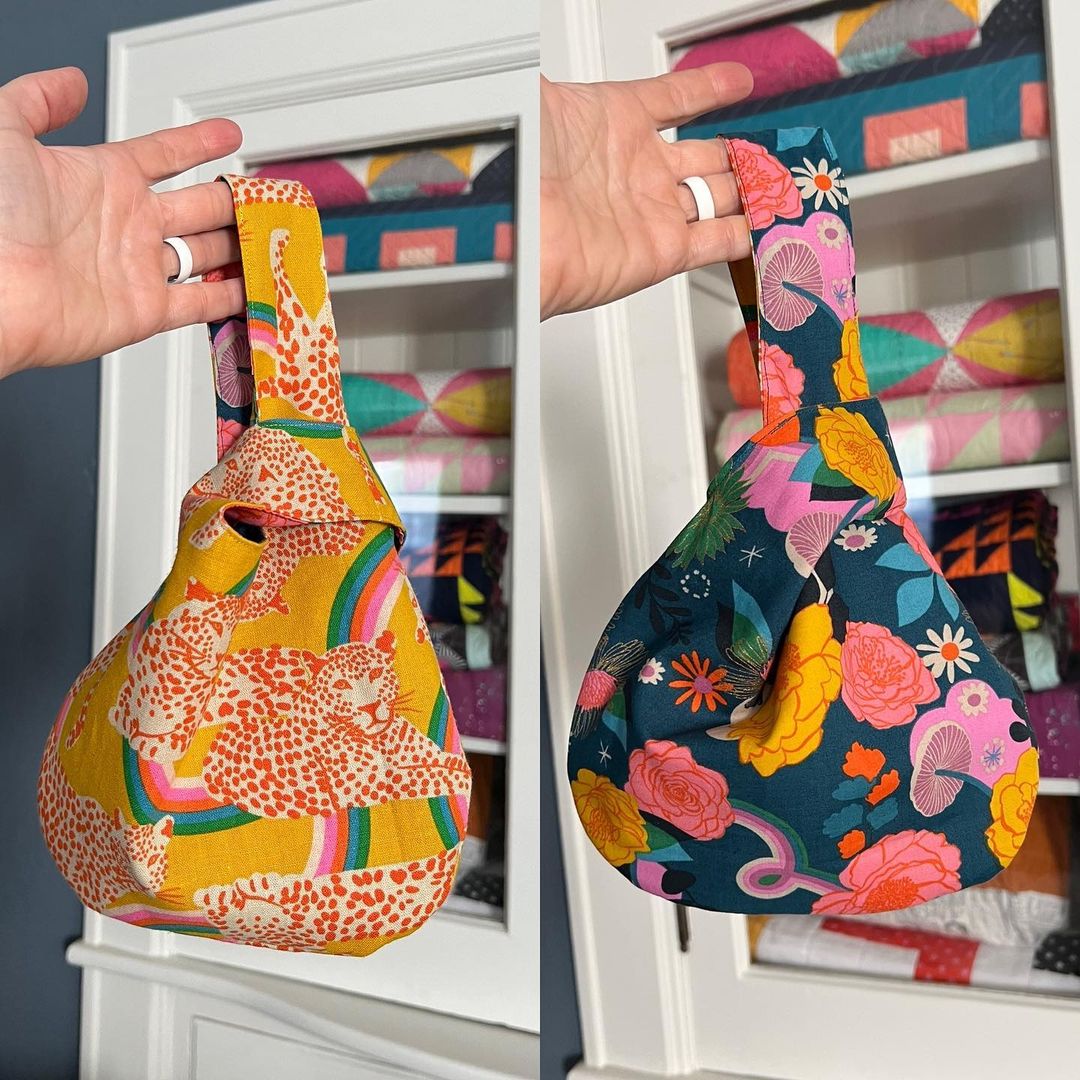Mosu bags, or Japanese knot bags as they are commonly known, have gone viral on social media platforms TikTok and Instagram. They have amassed popularity as the bags are not only fashionable but sustainable. Japanese knot bags were traditionally made with Furoshiki, a traditional cloth used for wrapping gifts – yet another sustainable tip we can learn from the Japanese to reduce our carbon footprint.
The Japanese knot bag is also easy to make using upcycled material.
The spotlight has been turned to fashion to be more friendly to the environment. According to NGO, Natural Resources Defense Council (NRDC):
“Apparel and footwear production is responsible for anywhere between 4 and 8.6 percent of global greenhouse gas emissions. Clothing accounts for a fifth of the world’s 300 million tons of plastic pollution every year.”
Trends such as the Japanese knot bags give us a new take on old and unwanted clothing items. By repurposing the material it means that the material doesn’t have to end up in landfills
Watch this Tiktoker’s tutorial for making a Japanese knot bag in under 30 minutes:
@tiff.n.e A great beginner 30 minute sewing project. I made a knot bag purse by upcycling an old pair of denim shorts (I know they’re Guess, but they don’t fit anymore so don’t come for me 😫). #sewingtiktok #sewingtutorial #sewingdiy #knotbag #beginnersewing #sewingforbeginners #upcycling #upcycledfashion #sustainablefashion #sustainability ♬ Chill Vibes – Tollan Kim
Japanese knot bags are known for their minimalist features. They are generally small and serve as handbags, but if you are making your own, who is to stop you from making your own large, reusable shopping bags too?
ALSO SEE:
The 101 on upcycling – the sustainable trend that sets your wardrobe apart
Feature image: @postcard.quilts / Instagram

